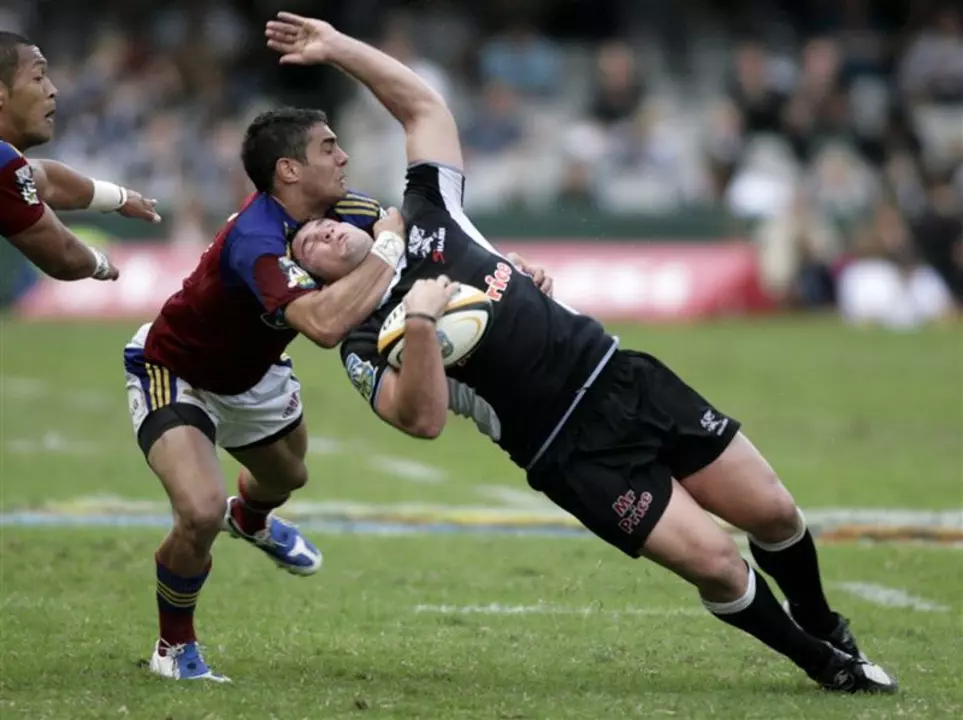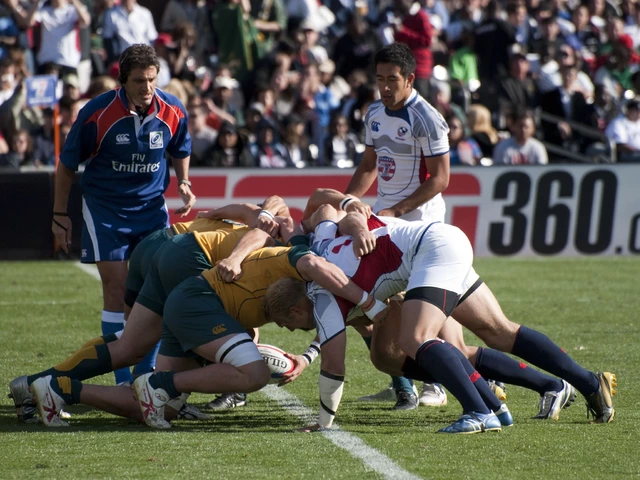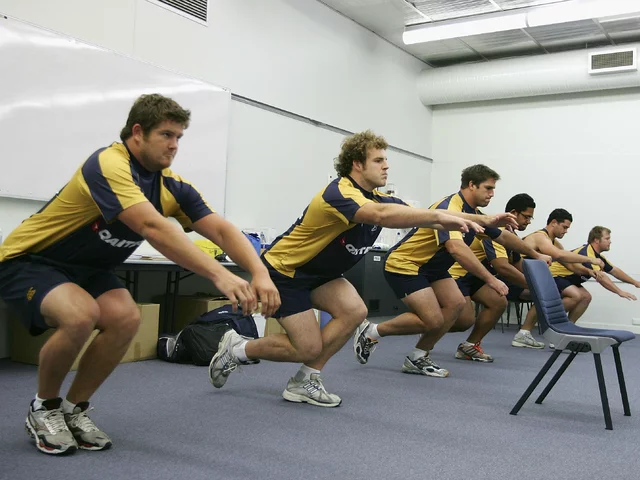Professionalism in Rugby: What It Means and How to Live It
When you hear the word professionalism in rugby, you might picture a player who shows up on time, trains hard, and respects the referee. It’s more than that, though. It’s about the attitude you bring to every practice, every match, and even the social media posts you share. In this guide we break down what professionalism looks like in a rugby club and give you simple steps to raise your game.
Why Professionalism Matters for Players and Clubs
First off, a professional mindset creates a safer environment. When everyone follows the same standards – proper warm‑ups, correct tackling technique, and clear communication – injuries drop off. It also builds trust. Teammates know they can count on each other to give their best, and coaches can plan tactics without worrying about a player missing a drill.
Second, professionalism helps a club’s reputation. A well‑run team attracts sponsors, new players, and fans. Look at clubs like Saracens, where star players such as Sophie de Goede blend on‑field skill with off‑field dedication. Their commitment to community events and personal conduct draws positive attention and keeps the club thriving.
Everyday Ways to Show Professionalism
1. Be punctual. Arriving early for training, meetings, and matches signals respect for everyone’s time. If a session starts at 6 pm, be there by 5:55.
2. Maintain your fitness. Rugby demands strength, speed, and endurance. Stick to a consistent workout plan, and don’t skip recovery. Simple habits like proper sleep and hydration go a long way.
3. Communicate clearly. Whether you’re calling a lineout or discussing a strategy, speak up and listen. Clear talk reduces mistakes and shows you care about the team’s success.
4. Respect officials. Referees make tough calls. Accept decisions calmly, ask for clarification politely, and avoid arguing. A respectful attitude keeps the game flowing and earns you respect.
5. Lead by example. Younger players watch how veterans behave. Show up for community events, help new members learn the basics, and keep your social media positive.
6. Stay accountable. If you miss a session or make a mistake, own it. Apologize, learn from it, and move forward. Accountability builds a culture where everyone strives to improve.
7. Keep learning. Read up on game rules, watch professional matches, and ask coaches for feedback. The more you know, the more you can contribute.
These habits don’t require a contract or a big paycheck – they’re about mindset. Even amateur clubs in South London can raise their standards by adopting them.
Lastly, remember that professionalism isn’t a one‑time checklist. It’s a daily habit that shapes how you play, how you interact with teammates, and how the wider community sees rugby. By keeping these simple practices front of mind, you’ll help your club grow, stay safe, and enjoy the sport more.
In my opinion, professionalism has both positively and negatively impacted world rugby. On one hand, it has led to better training, facilities, and increased global exposure. However, it has also brought about a more win-at-all-costs mentality, leading to potential over-commercialization and a loss of the sport's original spirit. Ultimately, it's crucial to strike a balance between the benefits and drawbacks to truly enhance the world of rugby.
READ MORE





